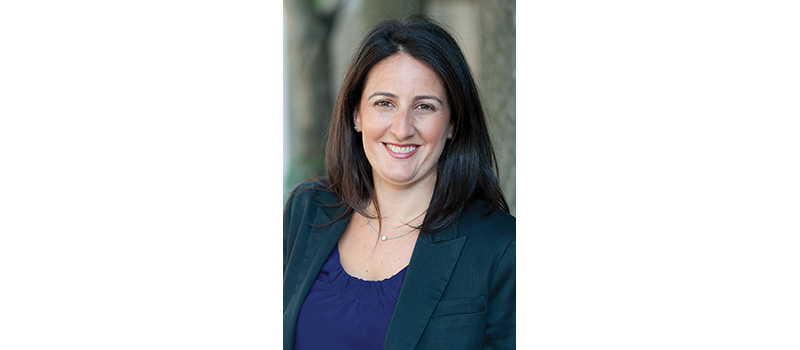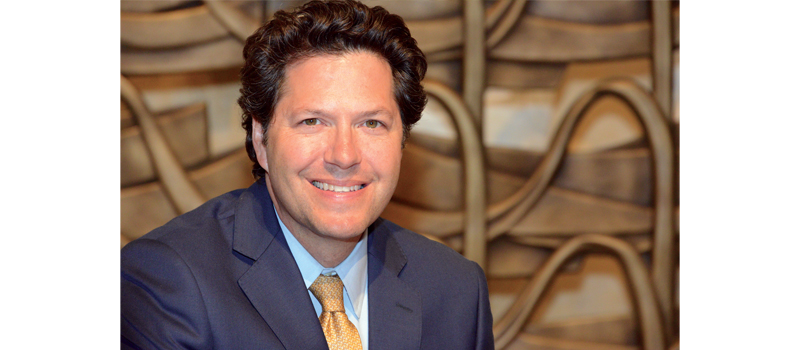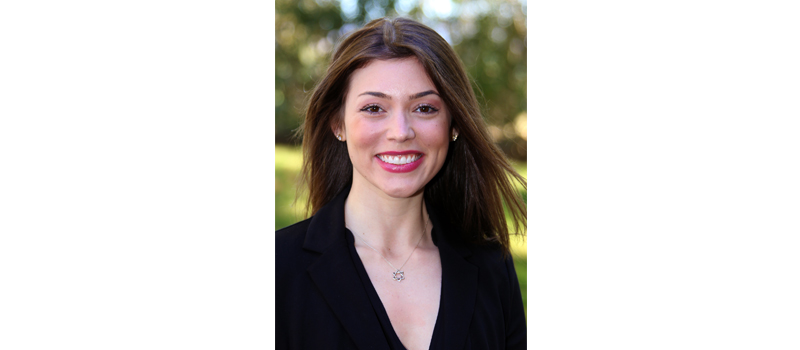by Rabbi Sari Laufer
Bob Dylan’s most recognizable Biblical connection is probably the beginning of Highway 61, Revisited—where he reimagines the dialogue between Abraham and Isaac on their way up the mountain, dialogue that we read again this week in Parashat VaYera. But the words that have been going through my head, thinking of this portion and some of the work that we are doing here at Wise, is the refrain from another song: Come in, she said, I’ll give you shelter from the storm.
Parashat VaYera opens with Abraham visited, in his convalescence, by three men. Seeing them approaching, he rushes to greet them, asking that Sarah prepare them a meal, offering them a place to sit, to rest, to take some shelter if not from the storm, then from the hot desert sun. It is, in our tradition, the classic scene of Middle Eastern hospitality, and the basis for our responsibility to welcome strangers and guests into our midst, to practice the value of hachnasat orchim.
Just a few chapters before this scene, though, Abraham’s brother-in-law Lot also welcomes a guest—rising to meet them, making them a feast, even protecting them from God’s wrath in destroying the city of Sodom. Why, asks Hasidic commentator, is Abraham seen as the paradigm of hospitality. Why don’t we look to Lot for the same lesson? His answer—Lot only responded because the people visiting looked like important people; Torah describes them specifically as angels. Abraham, on the other hand, simply sees people in need of some rest, and runs to meet them. Only later, when they prophesy the birth of Isaac, do we find out they are angels.
One of the core values of the Wise Way Forward is klaliyut, inclusivity—making sure that everyone who drives up our path feels like they have a place here. In imagining this value, we wrote:
We will hear, tell, and celebrate the thousands of stories contained within the Wise world. In all we do, we will show that ours is a community for all, connecting people across ethnic, family, economic, and philosophical lines. From many worlds, from many perspectives, we will build one community of Kavod (כבוד, respect).
In the next few days, you will see some new banners around campus, inviting each of us to Make Welcome Happen. As we strive to live our values, this is one of the points of a Brit, a covenant, of inclusivity. Written by clergy, staff, and lay leadership, these principles will—we hope—shape the way that we act towards one another. They will, I hope, encourage us to take that tushie scoot I talked about on the High Holy Days, to make space and time to connect with one another in new and different ways.
Stay tuned for more information about how you can get involved, but for now—for this week and beyond, think about the ways that you can make welcome happen. Because for you, for me, for anyone who needs it—we want Wise to be a shelter from the storm, a place where people feel invited and welcomed and safe.



